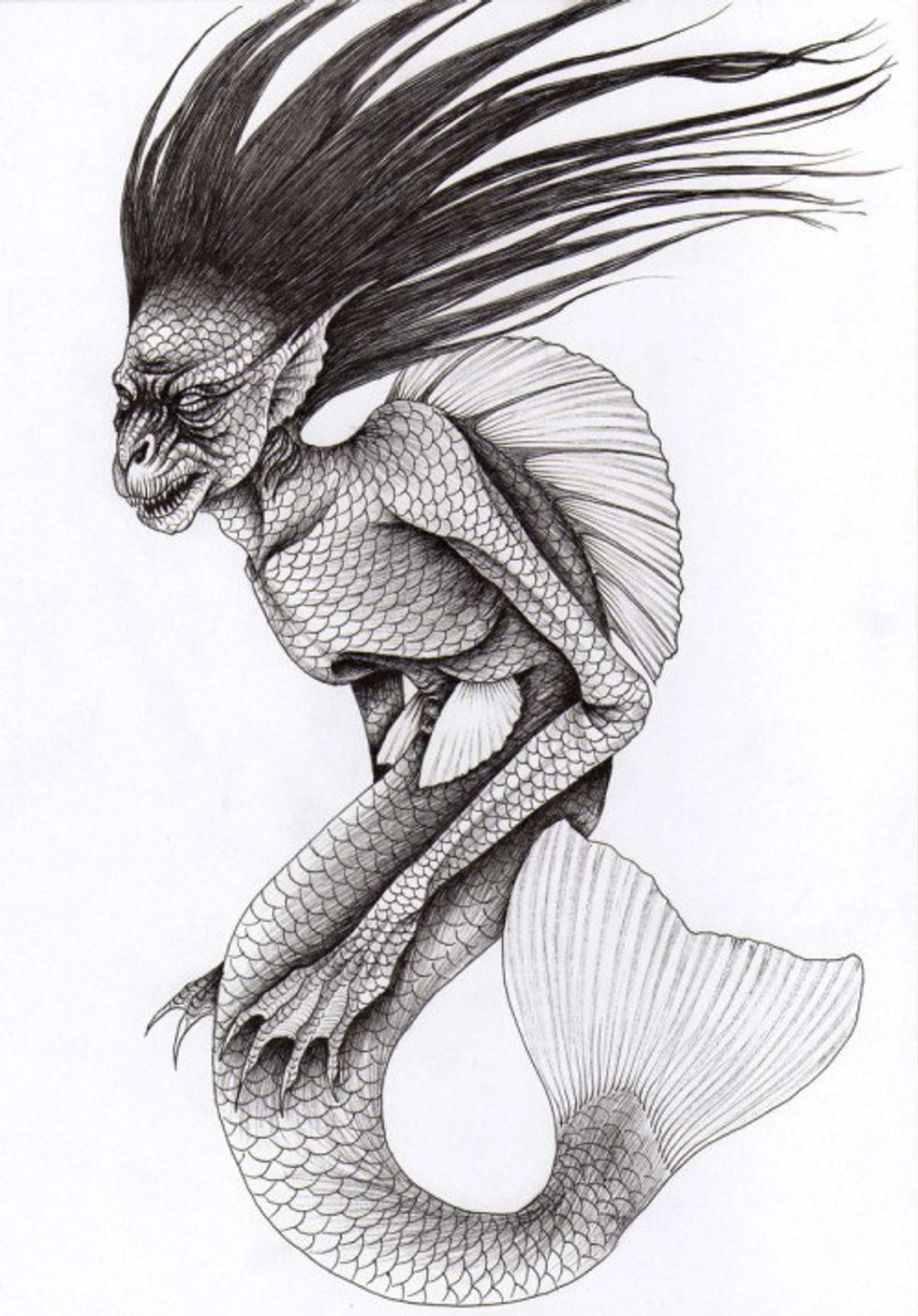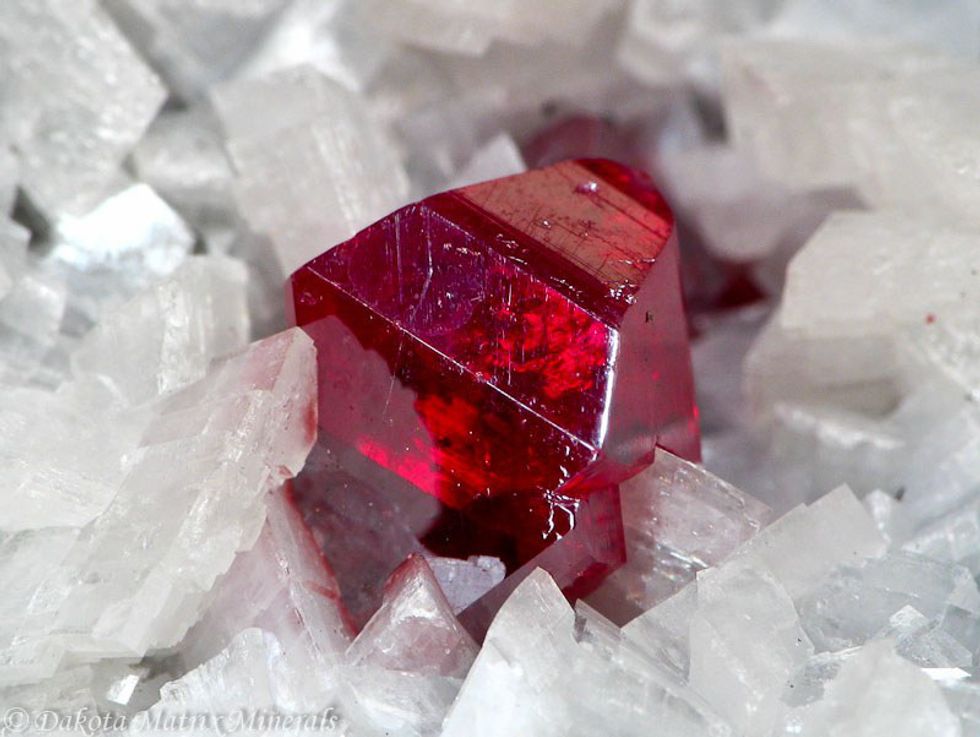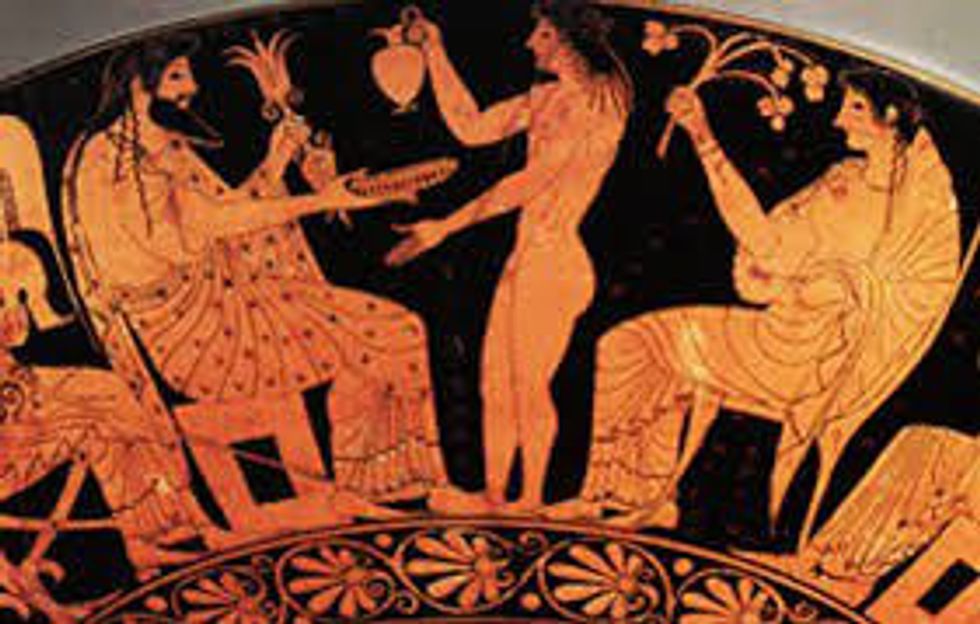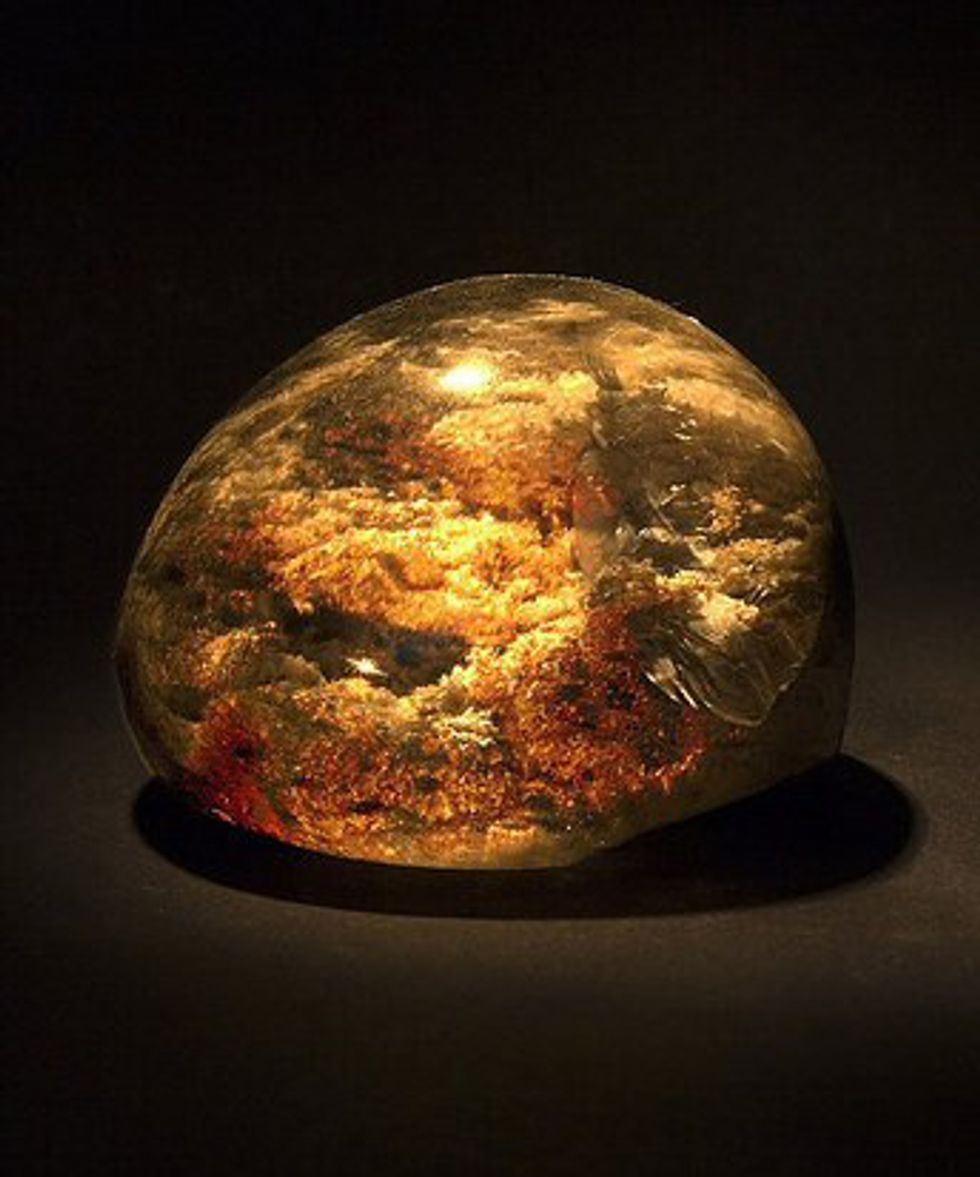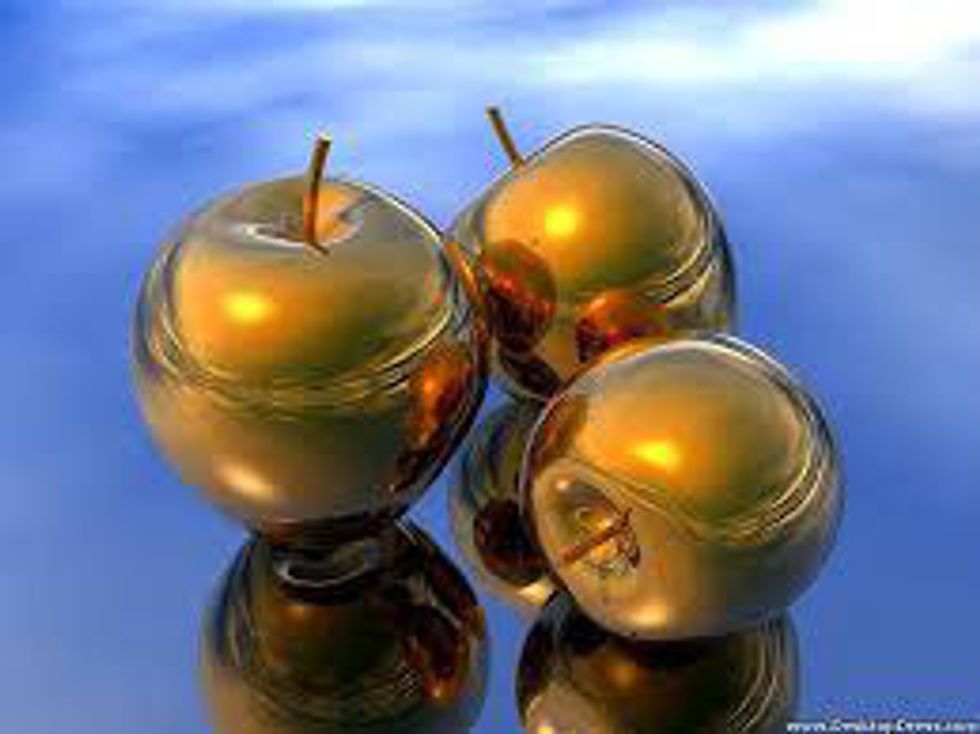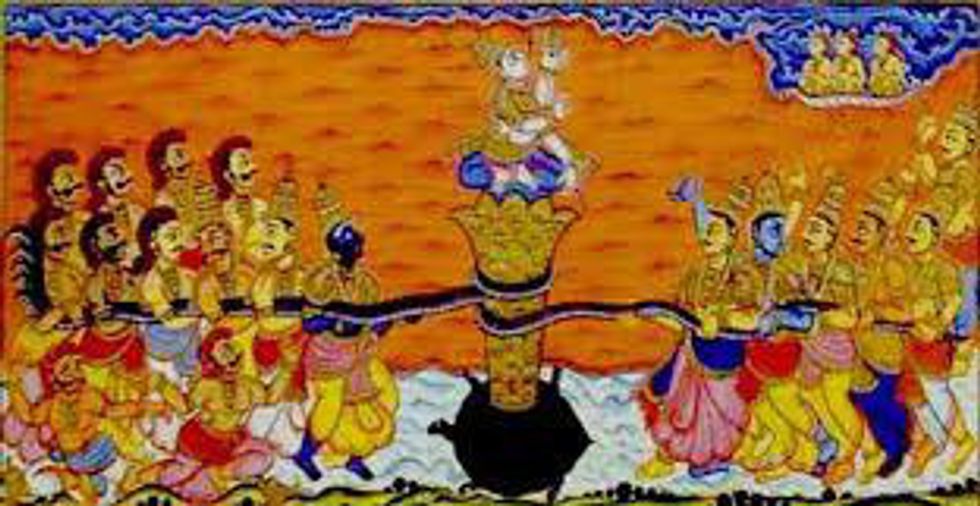Immortality has enticed human beings since the beginning of time. As creatures that always want what we cannot have, living forever has continued to seize the imagination of the human race from all over the world. However, many cultures look at immortality as a curse because as journalist Herb Caen puts it, “The only thing wrong with immortality is that it tends to go on forever.” But having infinite time seems like a dream come true with finals just around the corner, doesn’t it? So if you’re looking for some extra time to turn in that paper due tomorrow, don’t sweat it- just go looking for these 9 elements from across times and regions to ensure you live forever!
1. Eating a Mermaid-like creature: Japanese Mythology
'Ningyos' are mermaid like creatures that live in the sea according to Japanese mythology. Described as a cross between a monkey and a crab, they were harbingers of bad luck and storm. In the legend ‘Eight Hundred Nun’, a girl accidentally ate ningyo meat and was cursed with immortality.
2. Cinnabar: Taoist Mythology
Cinnibar is an ore of mercury and the main ingredient of the Taoist elixir of immortality called ‘huandan.’ The Taoist people believed that ingesting metals like cinnabar and gold would instill their qualities into humans. Unfortunately, most of these metals were poisonous and caused the death of many including emperors.
3. Ambrosia: Greek Mythology
Legend has it that Ambrosia, the drink of the Olympians, tasted like honey and was delivered to the Greek gods by doves. It is also widely believed to be their source of immortality.
4. Peaches of Immortality: Chinese Mythology
The Jade Emperor and his wife, Xi Wangmu, are believed to be the planters of the peach tree which bore the fruit of immortality once in every 3000 years. They shared these peaches with the other gods in order to make them immortal. Sun Wukong, the Monkey King, was chosen to be the protector of the peach tree but he gave into temptation and ate one for which he was severely punished.
5. The Philosopher’s Stone: Medieval Mythology
Creating a philosopher’s stone was the main aim of every medieval alchemist’s life. The Philosopher’s Stone is said to have magical properties that turn basic metals like lead into gold. It also grants its owner immortality either by possessing it or using it to synthesize the Elixir of Life.
6. Golden Apples: Norse Mythology
These golden apples were needed to maintain the eternal youth and
immortality of the Norse deities. Idun, the goddess of Spring, was the
keeper of the orchard where these golden apples grow.
7. Amrit: Hindu Mythology
The Devas, or gods, sought to obtain eternal life and were advised to work with their enemies, the Asuras, or demons, in order to retrieve the nectar of immortality called ‘Amrit.’ To do this, they had to churn the ocean of milk using a mountain and the king of snakes as a rope. Many celestial objects cropped up during the churning process and the last to come was the Amrit. The Devas then enlisted the help of Vishnu, who took the form of a seductive female, in order to trick the Asuras into not drinking the holy liquid.
8. Buckthorn-like Plant: Sumerian Mythology
In the epic of Gilgamesh, the protagonist is grief stricken by the death of his friend and searches for a source of immortality to avoid meeting the same fate. His search led him to Utnapishtim who told Gilgamesh about a particular plant described similarly to a buckthorn which could be eaten to achieve eternal life.
9. Holy Grail: Christian Mythology
The Holy Grail is the cup which Jesus Christ drank out of during the Last Supper. It is also believed that Joseph of Arimathea caught Christ’s blood in this container when Christ was being crucified. Only the purest of souls are said to be able to grasp the Holy Grail and Sir Galahad, a knight of King Arthur’s Round Table, is said to have achieved immortality by virtue of it.




